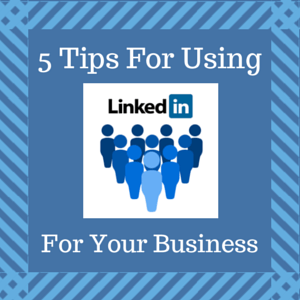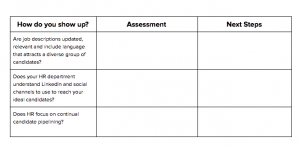by April Mullen, Op-Ed Contributor, September 15, 2016
Today’s consumers, especially Millennials, are more discerning than ever and demand to have experiences that put them first.
As the first generation that doesn’t really remember a time of true privacy, Millennials are also much less reserved about giving information digitally than generations before them. The catch is that they expect value in exchange for the information they provide to brands.
This information doesn’t just have to be what they explicitly provide through profiles and preferences, but also inferred data from prior purchases and Web behaviors. They expect that brands will use all the valuable data about them to provide meaningful and focused experiences.
This generation is expected to reach nearly $3.4 trillion in spending power by 2018, so now is the time to change your practices to meet their expectations.
What Are the Pillars of Consumer-First that Millennials Expect?
A cultural shift is needed within organizations to reframe the way they approach marketing. Here are the primary pillars you can apply to your email marketing to be the catalyst for change within your organization:
1. Programs are built on a foundation of integrity. I don’t know many email marketers that lack integrity, so this is an easy point to hit. I think integrity also includes a level of transparency that the industry can improve upon. While Millennials are fine with their data being used, it’s important to disclose how the information will be applied in marketing practices.
Disclosures and privacy details shouldn’t be exclusively contained in cryptic language within privacy statements. Put language about how information will be used in simpler terms and near email sign-up forms. Keep it simple. Keep it human.
2. Campaigns and communications are crafted with empathy. Because brands are still very product-focused in communications, empathy is often missing. But when data helps determine the message, empathy is much more easy to convey. Even calendar-based promotions can apply empathy through careful messaging. Take, for example, REI’s #OptOutside campaign on Black Friday last year.
REI’s message recognized that it was the time of year to be with family, friends and explore the world around them instead of shopping. REI stores across the country were closed on Black Friday as a message of encouragement to explore nature. Dove’s Real Beauty campaign is also a great example of the brand relating to real women and focusing on the uniqueness of individuality.
3. Data and technology are used to ensure relevance. The last pillar to ensure having a consumer-first focus is to bring data and technology together to enable better experiences and relevance. It’s important that you are partnered with a technology that doesn’t just provide you a means to send emails. You need to be working with a partner that understands how to leverage your data and enable you to use that data effectively to market to your consumers.
Insights on your customers such as demographic information, CRM data, etc., should lead engagement through channels including email. Insights that aren’t being leveraged to drive engagement are just wasted data. On the flip side, if you are executing via email without leveraging insights, your customers will feel like you are sending spam. Millennials won’t stand for this.
What are some interesting changes you’ve had to make to your company’s culture and marketing thought process to meet the needs of Millennials? Let me know in the comments.
MediaPost.com: Search Marketing Daily
(35)





